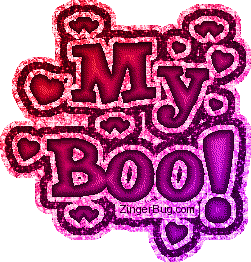
I have a fondness for words. Does it show?
But there is woe in my life. This woe is real and comes from the fact that I do not speak another language. Though I do feel English is a boss language to know, I read somewhere that “speaking a second language is like having a second soul” and I want one!
I wanna second soul! I wanna second soul!
:: kicks feet, flops on floor of supermarket, wailing ::
Yes, I did take a few Spanish classes two summers ago; remember how I was, however briefly, “Chica de Papel“? It was fun, but look: If I’m going to learn a language I need to take a year off my life (or large chunks of it) and learn a language. One class a week for eight weeks, working in a workbook at Instituto Cervantes just didn’t take. Maybe I was a bad student, but I have lots of credit hours that would prove otherwise. I fear it’s immersion or nothing for me if I want a second soul.
So I make do. One way I make do is to continuously improve my working vocabulary, annexing both English and non-English terms. Which brings me to several untranslatable words that I would now like to share. These have been pulled from a couple different sources, one of them being The School of Life, which I have crowed about before.
Here are a few words from other languages/times with their definitions. See if you aren’t charmed, moved, and thoughtful as you read through them.
saudade (Portuguese)
A bittersweet, melancholic yearning for something beautiful which is now gone: a friendship from childhood; a great apartment; a successful business, etc. With this pain comes an attendant pleasure that we had such pleasure in the first place.
schilderwald (German)
A street that has so many street signs, you get lost.
pochemuchka (Russian)
A person who asks too many questions.
vade mecum (Latin)
A valued, even precious, book or guide that is kept constantly at hand for consultation; literally translates to “go with me.” [I see my diary as a vade mecum, for example!]
litost (Czech)
The kind of humiliated despair we feel when someone accidentally reminds us, through their accomplishments, of everything that has gone wrong in our own lives.
Hm.
Perhaps I don’t need a second soul. There’s an awful lot to do with the one I already have.
Goodnight.


